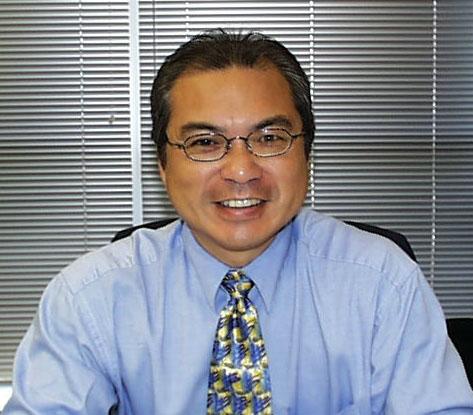- In fact, there is an impending leadership crisis facing large and small businesses across all sectors: According to a recent report on National Public Radio, 50 percent of the management workforce can retire in just five years. As 46 million members of Generation X step into 76 million baby boomers’ shoes, today’s leaders are justifiably concerned about how to identify and prepare their successors. Considering these demographics, the issue is quantitative as well as qualitative: The question for companies isn’t simply "Do we have good leaders?" It’s also "Do we have enough leaders?"
KM'ers have long been concerned about retaining valuable knowledge in the form of technical skill and expertise - sales skills, specific technical domains, knowledge of "the way things work," etc. We haven't spent as much time talking about how knowledge management approaches can impact/improve leadership. As one of the generation that has to attempt to fill the shoes of the Greatest Generation, I'm looking for any edge I can find. Experience suggests that communities of practice can provide a wonderful link to both leadership development and talent management programs inside organizations.
Community leadership provides a unique opportunity to learn leadership skills that seem more and more important every day - leading disparate types of people across time zones, virtually, and outside of your direct report sphere. Effective community leaders at Schlumberger, for instance, have repeatedly taken advantage of the talent management aspects of the position - they are recruited into the role, put their participation into their performance goals, are rated by peers and leaders on their ability to achieve results collaboratively. Ultimately they are rewarded/moved into new roles. As of 2003, all of the initial wave of community leaders (the InTouch variety), had rotated into a role of their choosing upon completion of their term (no mean feat at an intellectually elite organization like Schlumberger). Further, you can use community participation to drive better development programs for future leaders - communities (and their participants) typically sit at the juxtaposition of daily business and thought leadership. What better way to identify the kinds of knowledge and the kinds of people that leaders will need to understand in order to lead their part of the organization into the future?
An intriguing topic - one I hope we learn more about in our study and personally over the next few months.
